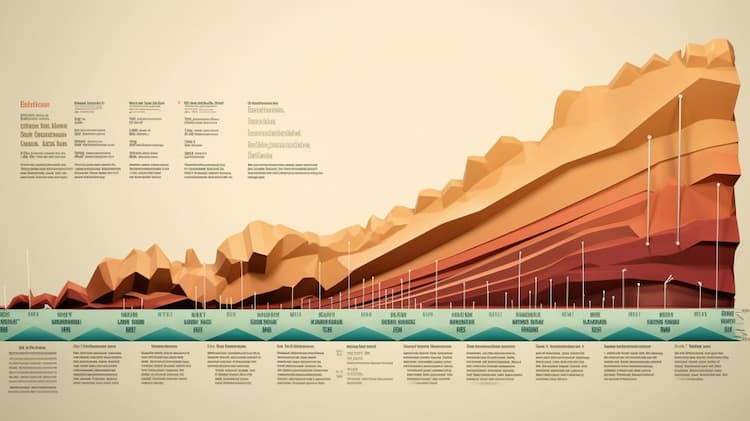
QQQ VS ROBO
Exchange-Traded Funds (ETFs) have transformed the landscape of investing, providing investors with diverse exposure to various sectors and asset classes. In this article, we will conduct an in-depth comparison between two prominent ETFs: QQQ (Invesco QQQ Trust) and ROBO (ROBO Global Robotics and Automation Index ETF). We'll delve into key aspects such as ETF tickers, full names, issuers, sectors, top holdings, capitalization, strategy, tracking, and exposure.
QQQ Vs ROBO: Overview
QQQ and ROBO are two ETFs that cater to different sectors within the technology and innovation landscape. While QQQ tracks the performance of the Nasdaq-100 Index, which consists of 100 of the largest non-financial companies listed on the Nasdaq Stock Market, ROBO focuses on the robotics and automation industry. This distinction in focus translates to varied exposures and potential returns, topics we will dissect in the subsequent sections.
QQQ Vs ROBO: Sectors and Top Holdings
The QQQ ETF is primarily concentrated in the technology sector, encompassing giants like Apple, Amazon, Microsoft, and Alphabet (Google). ROBO, on the other hand, provides exposure to companies involved in robotics, automation, and artificial intelligence. Its holdings include corporations such as NVIDIA, Intuitive Surgical, and ABB. Understanding the sectors and top holdings aids investors in aligning their investments with their objectives and risk preferences.
 QQQ overlap QQQ VS ROBO
QQQ overlap QQQ VS ROBO
QQQ Vs ROBO: Capitalization and Strategy
QQQ boasts a substantial asset under management (AUM) due to its focus on well-established tech giants. In contrast, ROBO's strategy revolves around capitalizing on the growth potential of the robotics and automation sector. The discrepancy in capitalization and strategy between the two ETFs results in varying risk and reward profiles, prompting investors to make informed decisions that align with their investment goals.
QQQ Vs ROBO: Tracking and Exposure
QQQ aims to replicate the performance of the Nasdaq-100 Index, providing investors with exposure to leading technology companies. ROBO, however, seeks to capture the performance of the robotics and automation sector. QQQ's tracking is achieved through replication of the index composition, while ROBO tracks an index that includes companies at the forefront of technological innovation. Understanding these tracking and exposure methods empowers investors to tailor their portfolios to their desired market exposure.
Conclusion
QQQ and ROBO represent distinct investment opportunities, each offering specialized exposure to specific sectors within the technology landscape. For investors seeking deeper insights into holdings, correlations, overlaps, and other critical information, ETF Insider provides an invaluable tool. With its user-friendly app, ETF Insider equips investors with comprehensive insights into various financial instruments.
Disclaimer: This article is not intended to provide investment advisory services.
Sources:
QQQ quote and analysis
Discover the top holdings, correlations, and overlaps of ETFs using our visualization tool.
Our app allows you to build and track your portfolio.
To learn more about the QQQ Invesco QQQ Trust, access our dedicated page now.
FAQ
Why is QQQ better than ROBO?
QQQ may be considered better than ROBO for some investors due to its specific focus, offering diversification.
Does ROBO beat QQQ?
ROBO's performance relative to QQQ will vary over time, depending on market conditions.
Should I invest in QQQ or ROBO?
The choice between QQQ and ROBO should align with your investment goals, risk tolerance, and desired exposure.
Are QQQ and ROBO good investments?
Both QQQ and ROBO can be suitable investments depending on individual investment strategies, goals, and risk profiles.
What is the correlation between QQQ and ROBO?
The correlation between QQQ and ROBO can vary over time, reflecting differences in performance.





